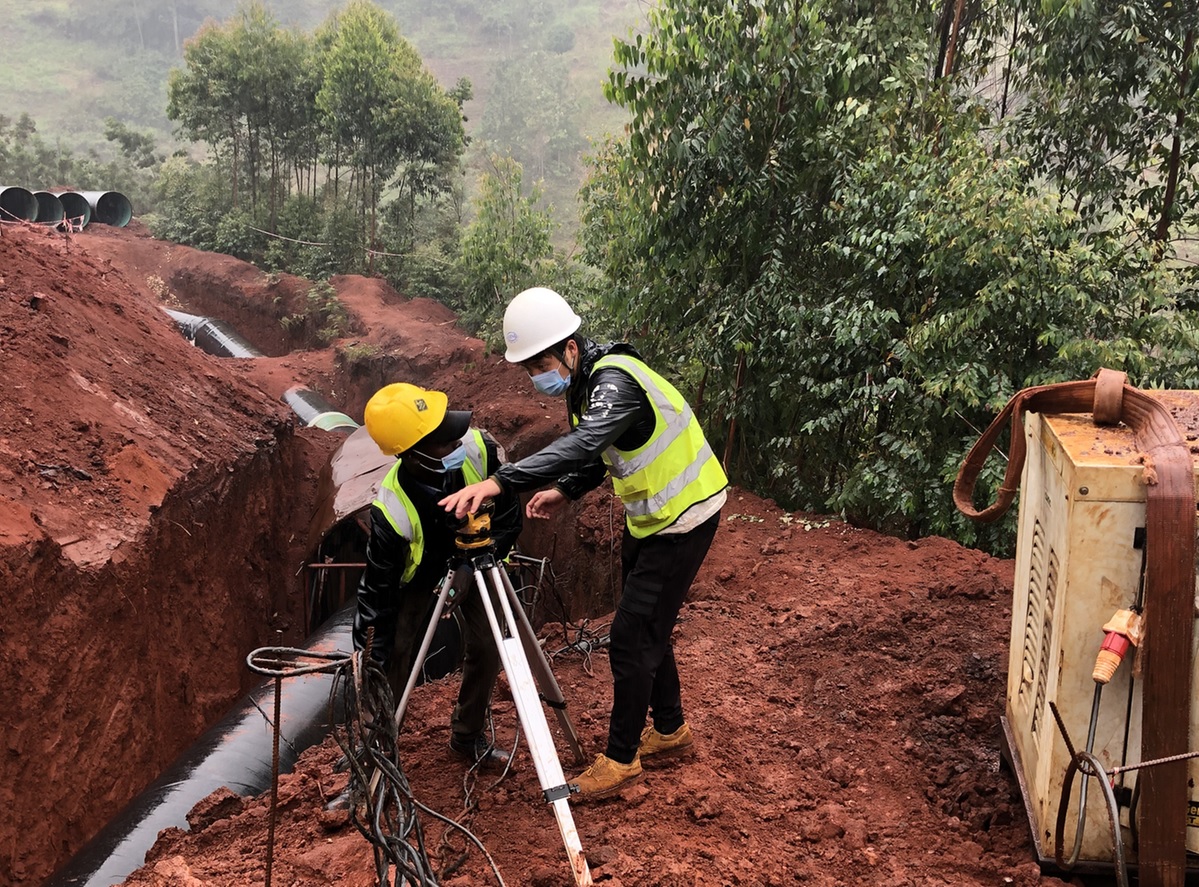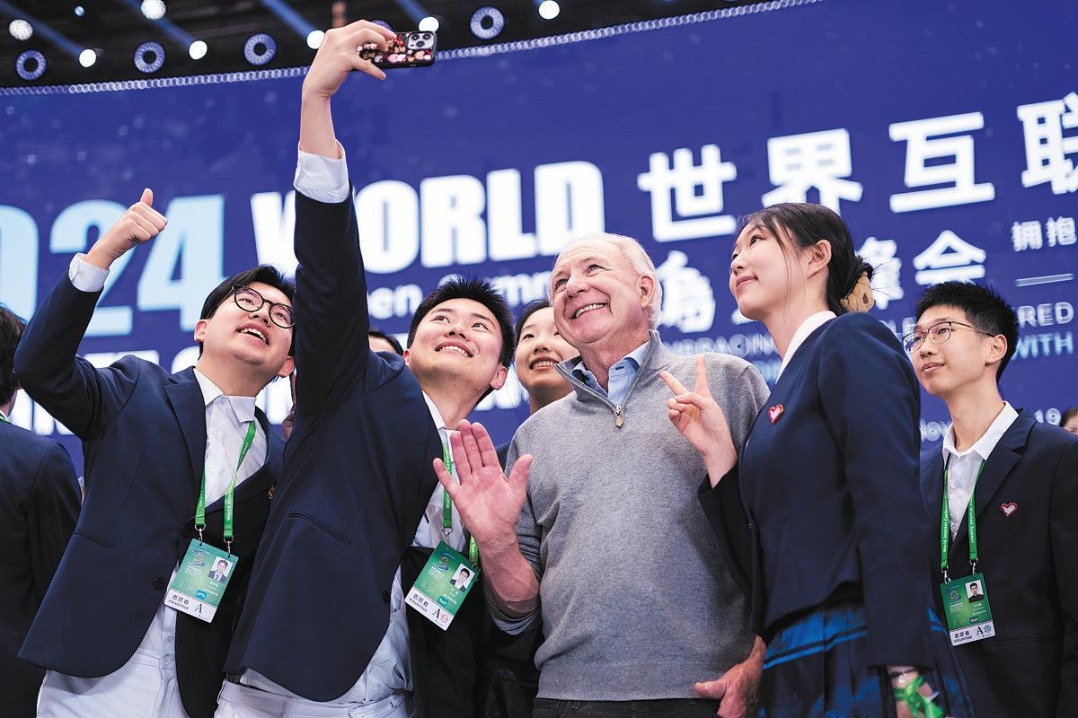China helps developing world hit climate goals


Nation takes concrete action to tackle global warming through cooperation
The past two months have seen China taking a series of concrete actions to enhance South-South climate cooperation, namely projects among developing nations.
Small island states, which are particularly vulnerable to global warming, are among China's major concerns.
On April 28, for example, China launched a center in Shandong province to cooperate with Pacific Island countries on climate change.
The center is the first multilateral cooperation platform China has established on climate change.
Under the center's cooperation mechanism, China and Pacific Island countries will establish platforms for professional training, technology cooperation and academic research.
At the center's unveiling ceremony, the Ministry of Ecology and Environment and Kiribati's office of the president signed a memorandum of understanding on aid.
About one month later, the ministry signed a similar MOU with the office of the president of Fiji, vowing to aid the island state with materials such as solar-powered street lamps and home solar systems.
China has reached 43 agreements with 38 countries on South-South climate cooperation, according to a recent article by the ministry's Party chief Sun Jinlong in the magazine Contemporary World.
Aside from allocating 1.2 billion yuan ($178 million) for such cooperation, Sun said, China has offered training programs to about 2,000 officials and technicians in climate-related posts from 120 countries.
President Xi Jinping, while addressing the opening ceremony of the 2015 United Nations climate change conference in Paris, announced that China would launch cooperation projects to set up 10 pilot low-carbon industrial parks in other developing countries and start 100 mitigation and adaptation programs.
One of the parks China planned to build, for example, was launched in Laos on April 29.
Covering 11.5 square kilometers and with a total planned investment of about $5 billion, the Vientiane Saysettha Low-Carbon Demonstration Zone is expected to function as both an industrial park and a new town of the Lao capital.
On the same day, China officially handed over a shipment of equipment for the demonstration zone to Laos, including 12 new energy buses and eight new energy trucks. The first shipment of such equipment from China arrived in Vientiane in August.
On May 27, China also helped Cuba with its efforts on climate change, including sending 5,000 sets of home solar systems and 25,000 energy-saving lights.
Huang Runqiu, minister of ecology and environment, said on June 14 that China will accelerate the green transition in the country's cooperation and investment in nations involved in the Belt and Road Initiative, and make consistent efforts to promote South-South climate cooperation.
"China will help developing nations to the best of its ability, particularly small island states, African nations and the least developed countries to ramp up capabilities in tackling climate change," he said, addressing the opening ceremony for the annual general meeting of the China Council for International Cooperation on Environment and Development, a high-level international think tank for the Chinese government.
Making full use of many international occasions, China has consistently urged developed nations to honor their commitment to mobilize $100 billion a year by 2020 to help developing countries tackle and adapt to climate change, which was enshrined in the 2015 Paris Agreement on climate change.
The commitment has yet to be honored, despite the negotiations having lasted for 13 years. This is "hardly justifiable", said Xie Zhenhua, China's special climate envoy, when addressing the BRICS Highlevel Meeting on Climate Change with counterparts from Brazil, Russia, India and South Africa in May.
"China's endeavor in beefing up South-South climate cooperation will promote the low-carbon transition process in these developing states, which are not only vulnerable to climate change, but also have inadequate capabilities in forging the transition," said Tang Xinhua, deputy director of the Center for Climate Change and Ecological Security Studies at the China Institutes of Contemporary International Relations.
In stark contrast, however, he said the United States has given more importance to cooperation in which it plays a dominant role. Some of the projects have jeopardized the principle of common but differentiated responsibilities in the 1992 United Nations Framework Convention on Climate Change and its Paris Agreement.
The US and the European Union, for example, plan to impose limits on methane emissions from major economies. The duo's initiative may bring new emission reduction pressures to many developing nations that rely on coal, natural gas, farming and livestock.
"It will blur the differentiated responsibilities of developed and developing countries for addressing the climate crisis," he said.
- China paves the way for easier living for people with disabilities
- Xi meets Nepali prime minister
- Giant panda Fu Bao to undergo thorough physical checkup
- Mastering Chinese is a significant competitive advantage
- Conference: World sees China as model of development
- Horned dinosaurs become less intelligent over time: study





































